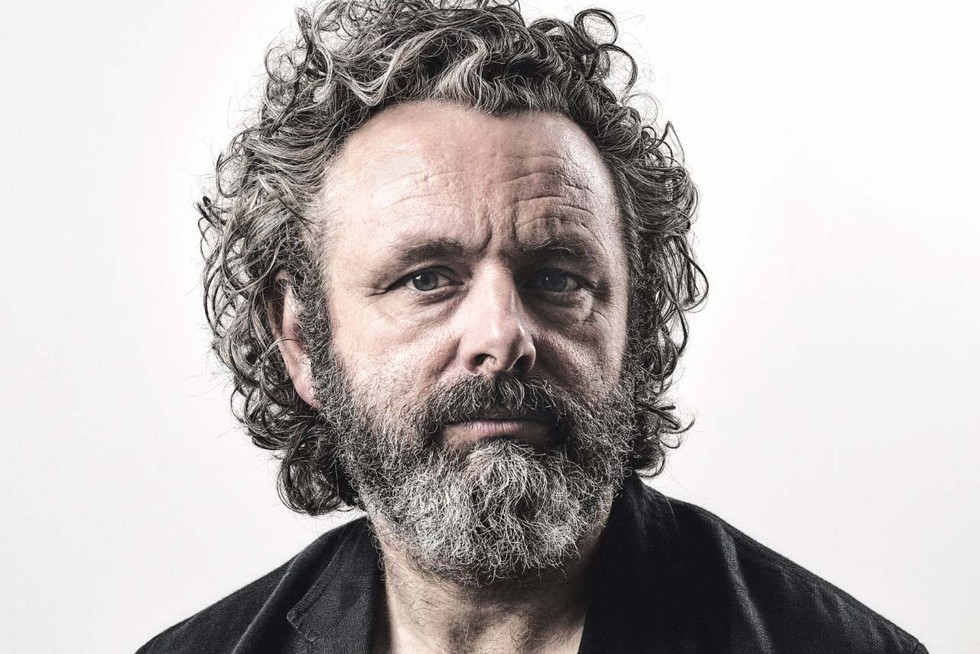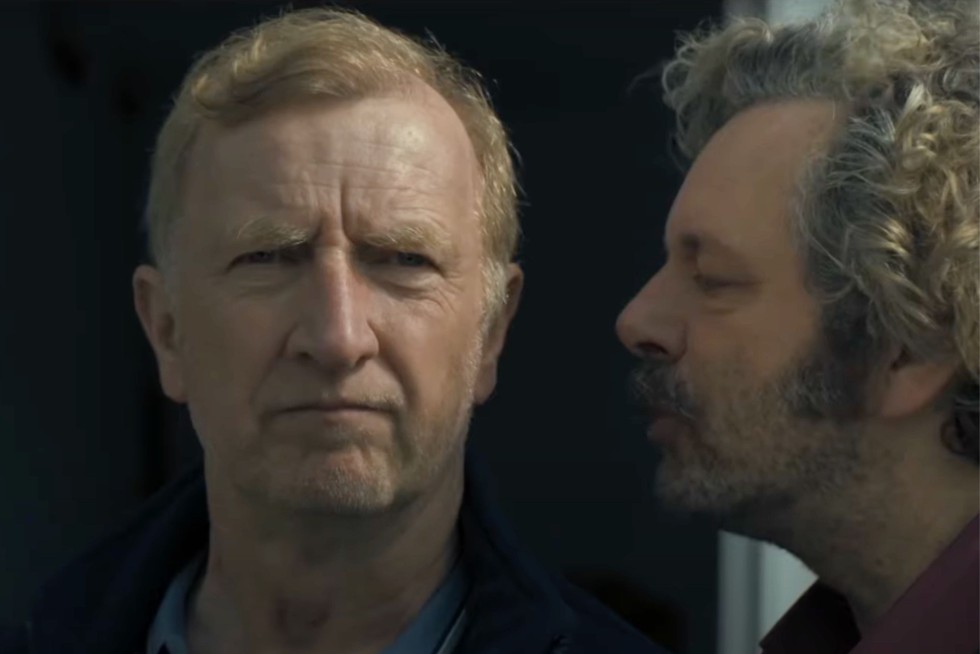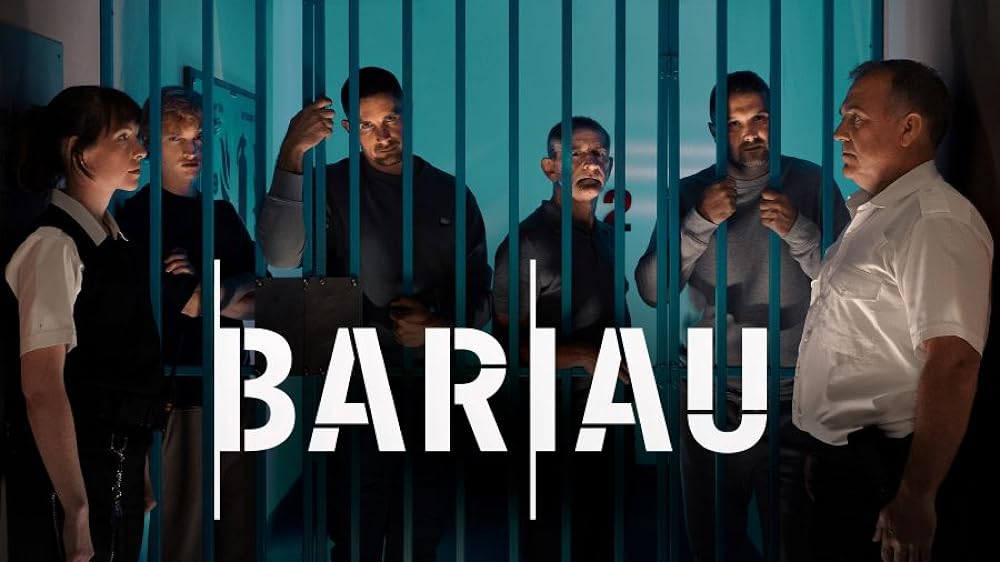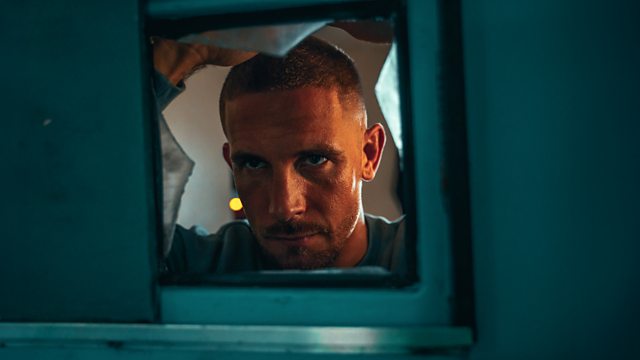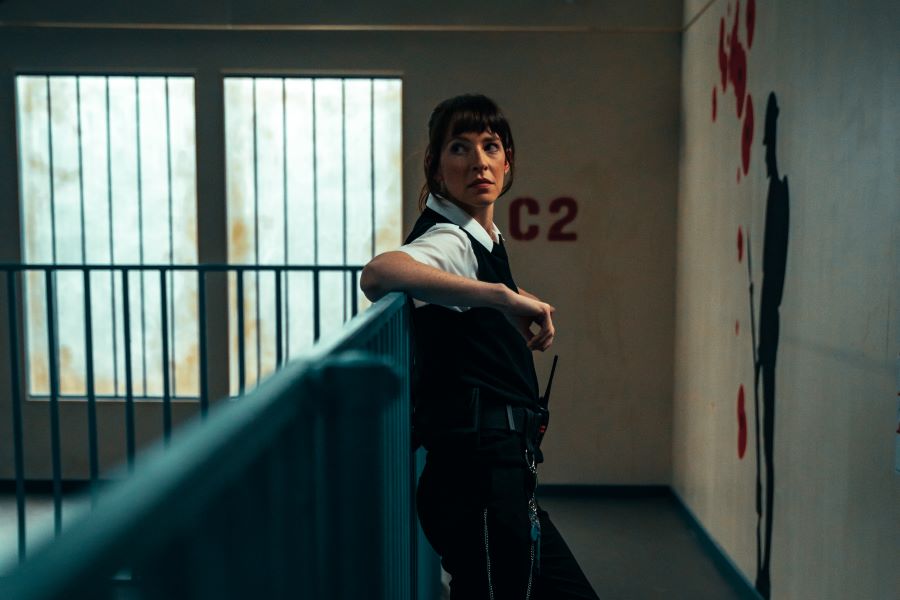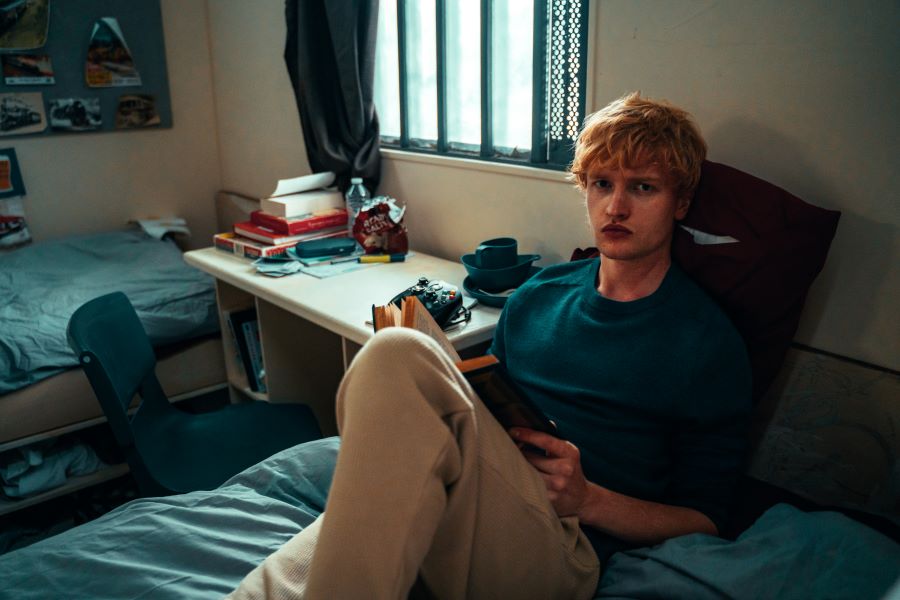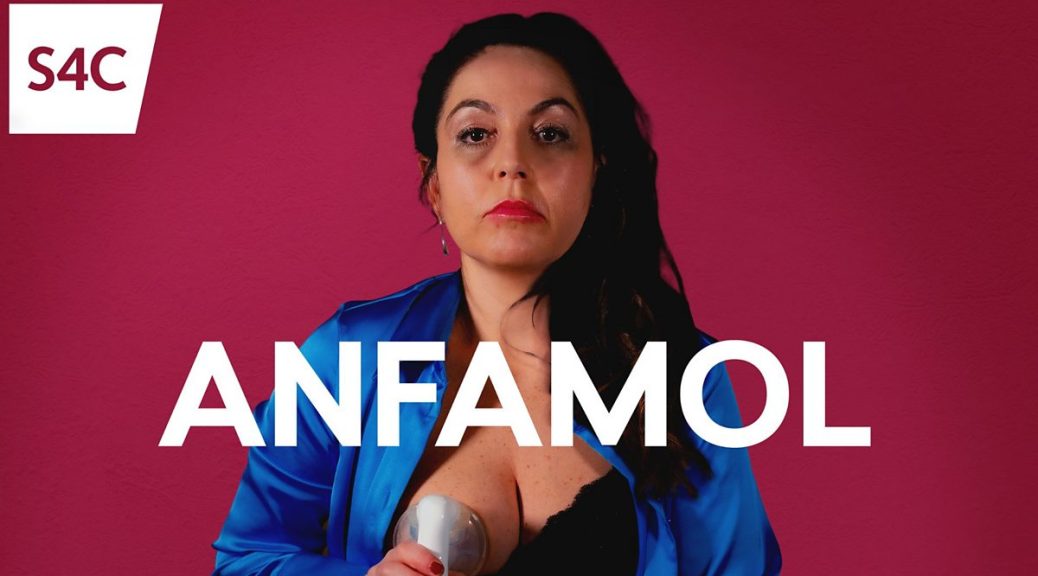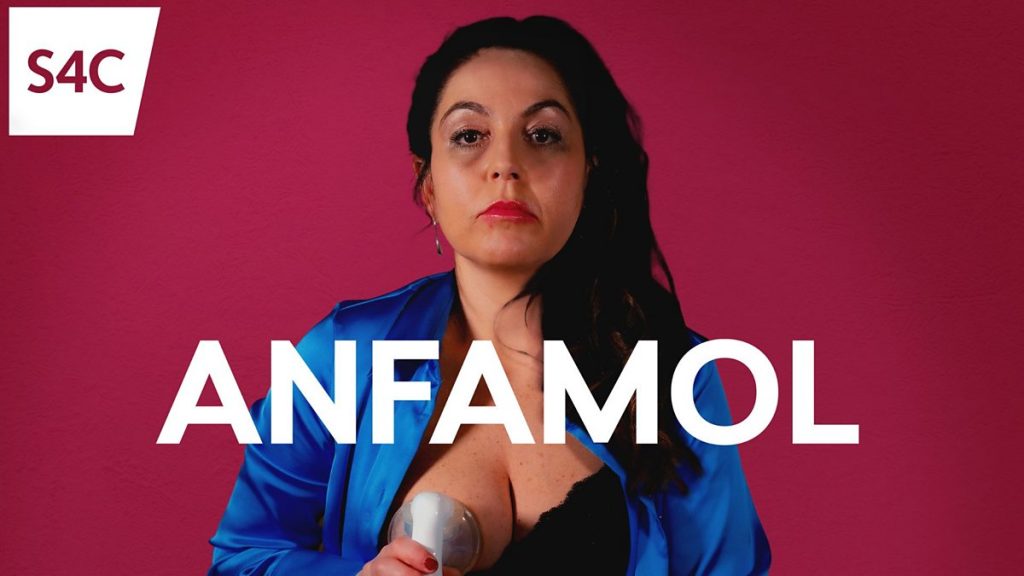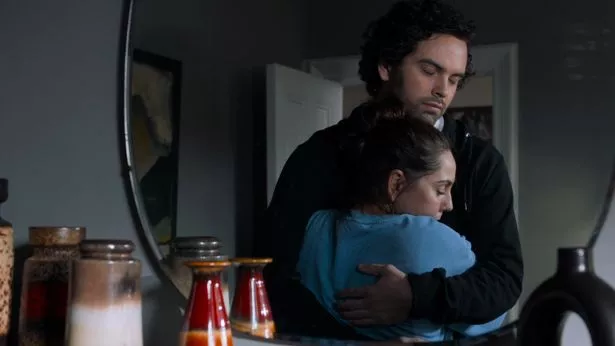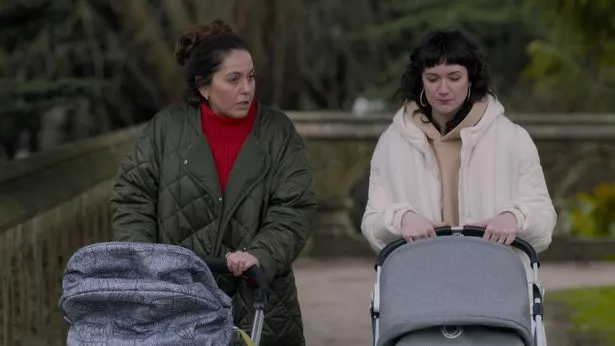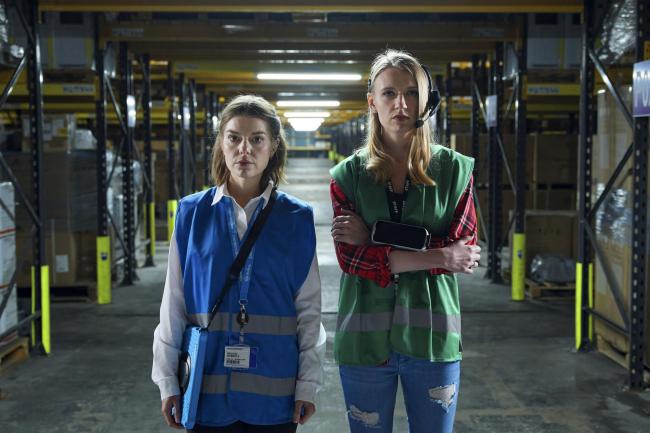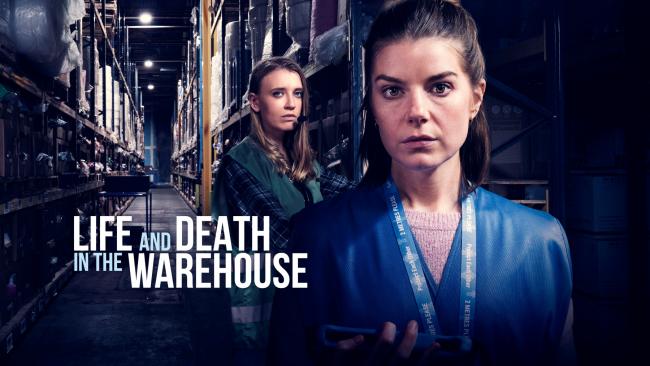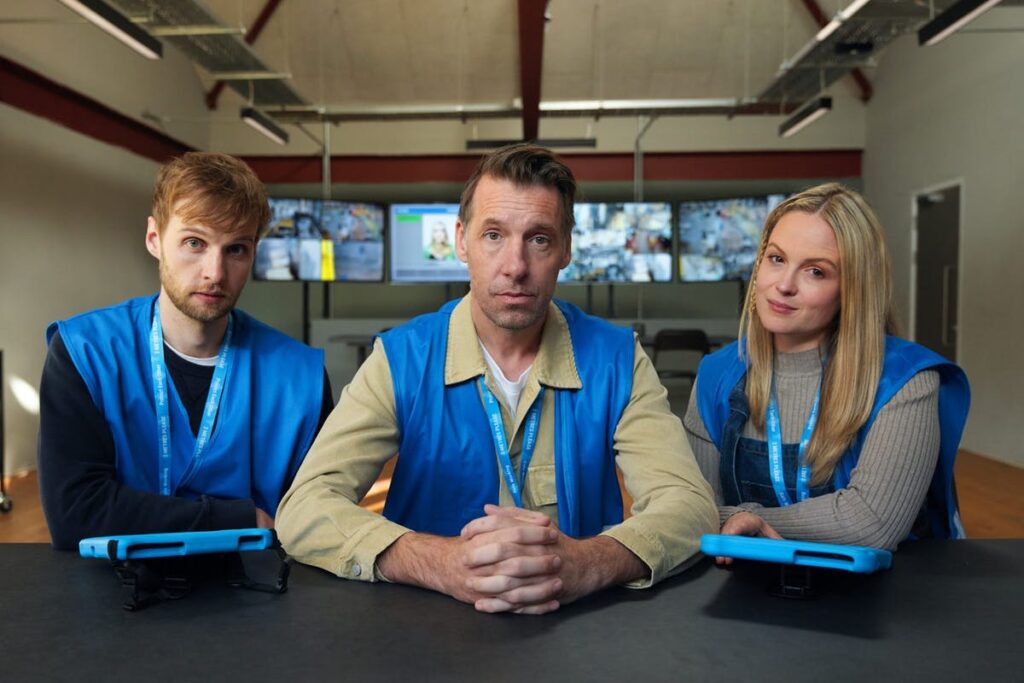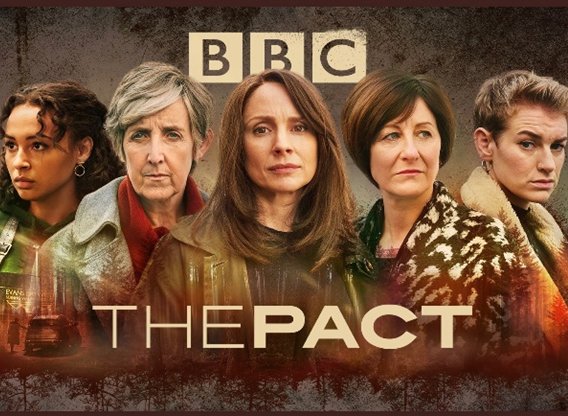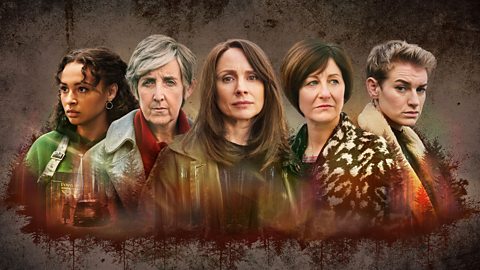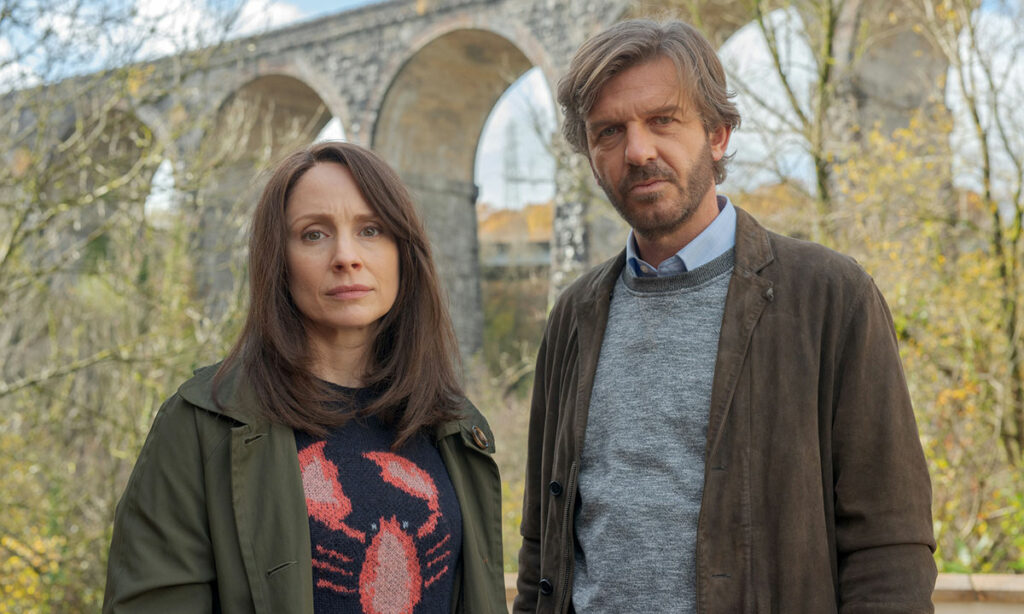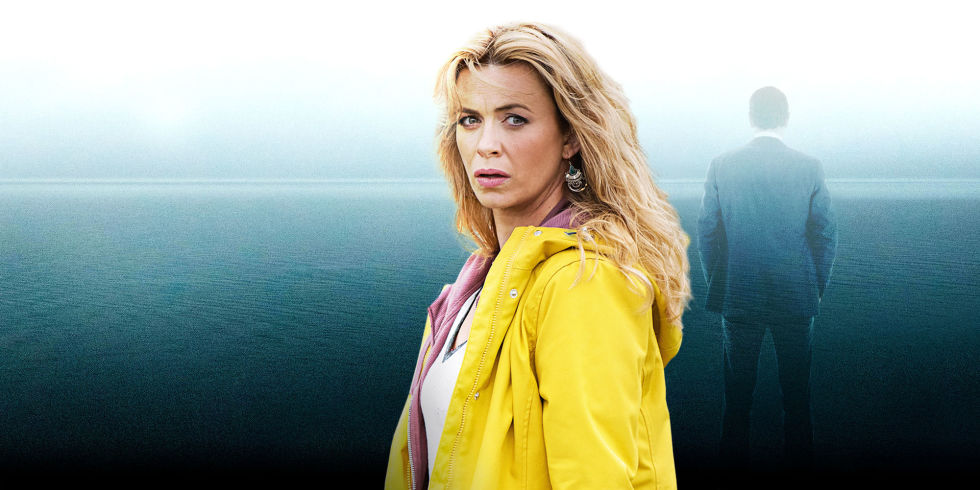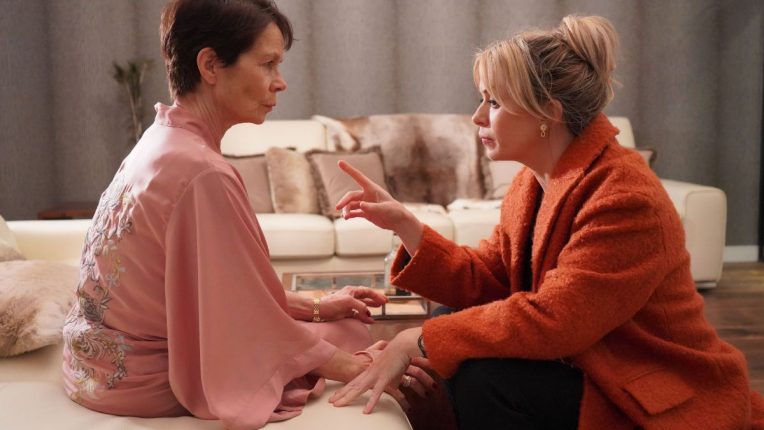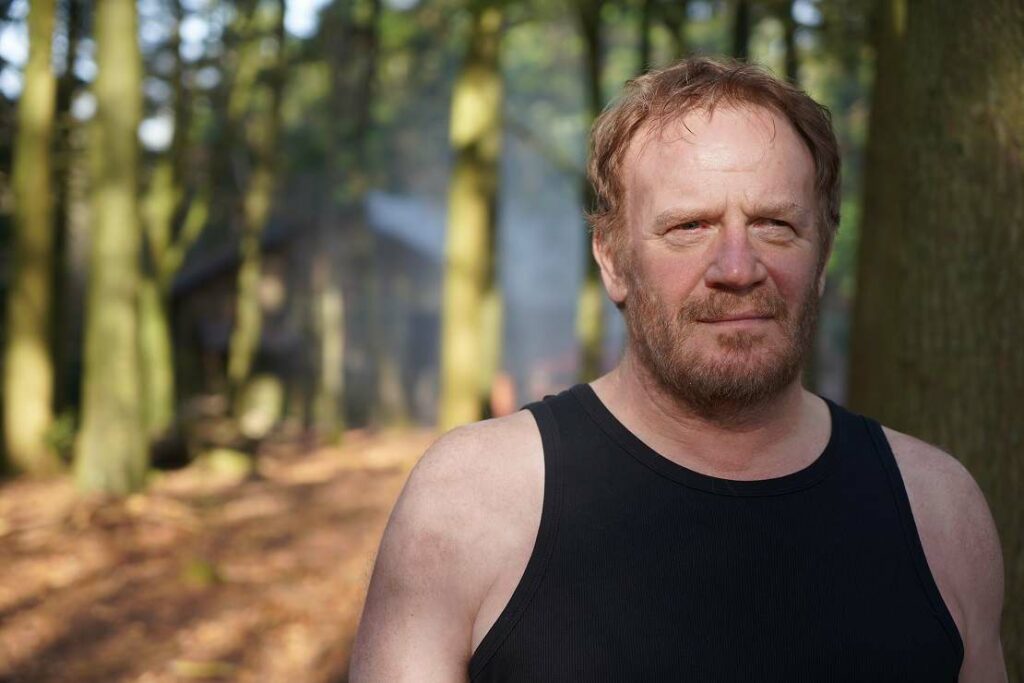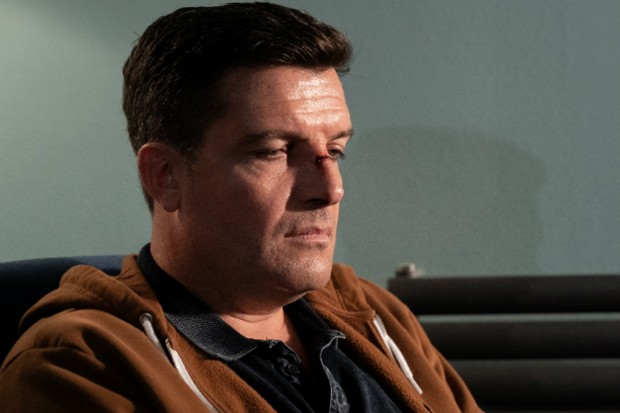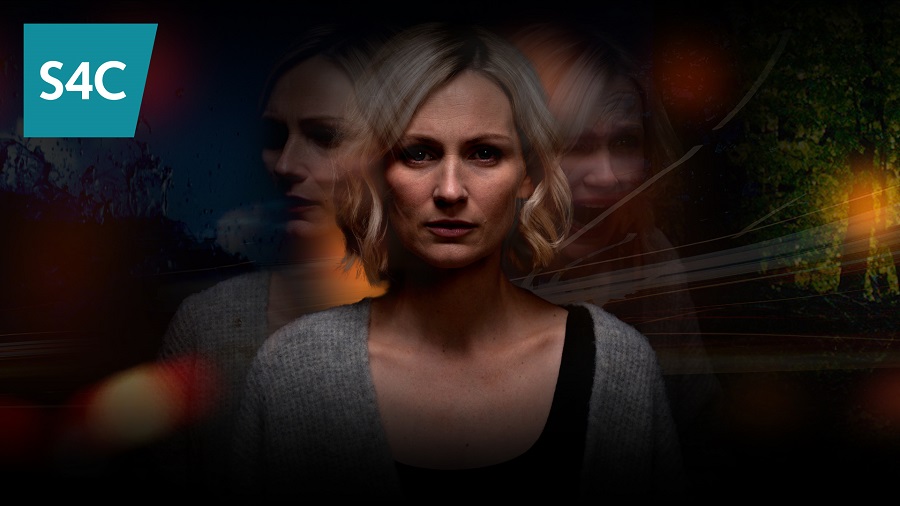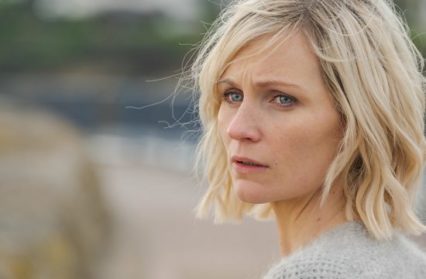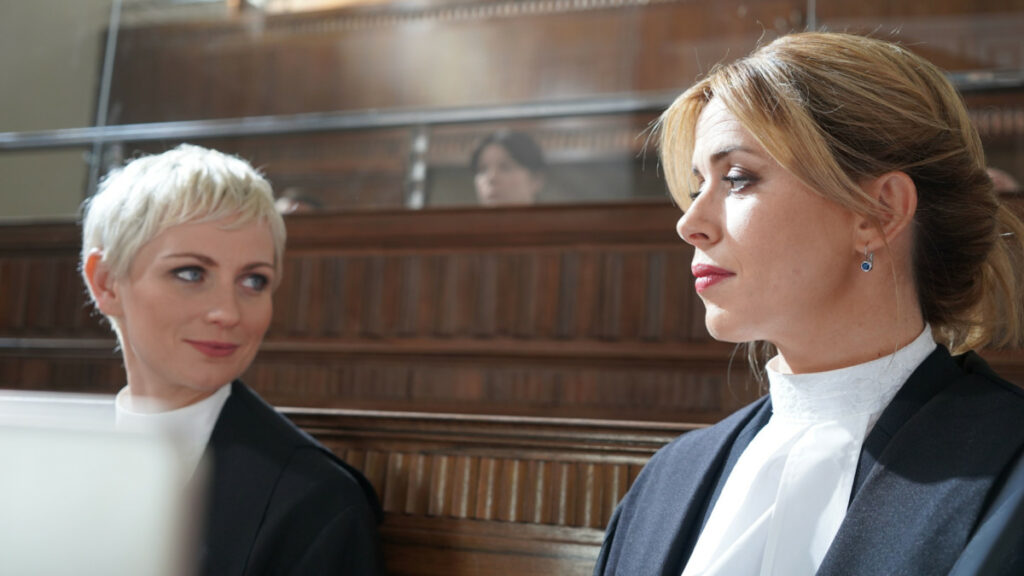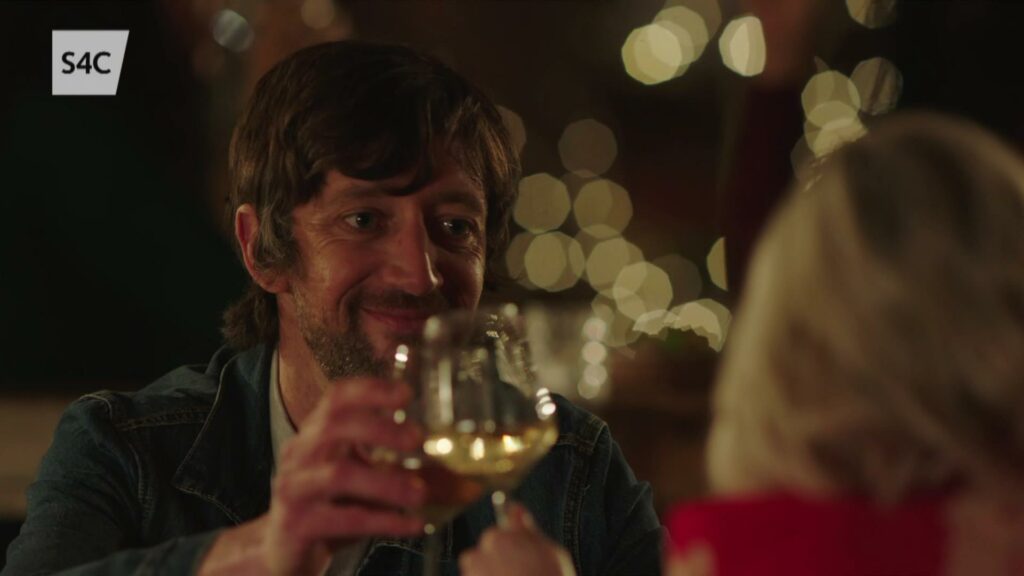
 (5 / 5)
(5 / 5)
Lost Boys and Fairies is a very moving piece of television. Created and written by Daf James, it is both heartwarming and heart-wrenching. He draws on his own experience of the adoption process to tell the story of Gabe (Sion Daniel Young) and Andy (Fra Fee) who, as potential parents to a little boy called Jake (Leo Harris), journey through the highs and lows of what is an illuminating and very affecting narrative. So much so that it sometimes hits a little too close to home.
One of the reasons for its potency lies in the performances of the cast. Young and Fee are suitably matched as the central couple, bringing charm and warmth to their characters but in very different ways. Through their initial meetings with social worker Jackie (played with effervescent forbearance by Elizabeth Berrington), Andy appears easy-going and comfortable whilst Gabe is defensive, with an assurance that suppresses a very dark backstory. The latter becomes the protagonist in many ways, through an arc that forces him to face his demons and accept himself. His relationship with his father is key here. William Thomas portrays the emotionally-restrained, chapel-going Emrys with understated gentleness. It is the tiny cues in his body language and softness of voice that unearth a kind and considerate man whose attempts to interact with his son are compassionately flawed. The contrast between the grey skies above his drearily-decorated farmhouse in rural Wales and the vibrant colour inside the Cardiff nightclub where Gabe works could not be more marked. Yet they remain in touch, conversing in Welsh in a way that feels natural, unlike the deliberately inclusive bilingualism of a Hinterland or Hidden.
For all its verisimilitude, the series makes clever use of magical realism. The inclusion of musical elements at once hyperbolises, celebrates and subverts its subject matters. It leads to flashbacks being presented in a fresh and surprisingly non-superficial way. It adds a touch of the absurd to make emotionally intelligible what might otherwise be elaborate or nihilistic. It queers the conventional to emboss the dramatic nature of the storyline with pensive irony. Ultimately, its contribution makes moments like Gabe and Andy’s first meeting with Jake all the more emotive; Gabe’s answers to the adoption panel, particularly the second time around, more revealing; and his meeting with Jake’s mother all the more tear-jerking. Gwyneth Keyworth may only appear in this penultimate scene of the series but her presentation of a boisterous but broken single parent is spellbinding. Specifically, how she encapsulates the range of attitudes and emotions across the length of their encounter, going from garrulous and domineering to kind and caring, fragile and vulnerable and deeply loving toward her son. It is heartbreaking but also, in the context of her interaction with Gabe, strangely uplifting.

Given that Leo Harris is starring in his first major role here, his portrayal of Jake is fantastically well-rounded and hugely empathetic. Opposite Young and Fee he embodies a mischievous yet lovable child with realistic aplomb. Which makes Jake and Gabe’s connection over a dressing table simply wonderful. In addition to the silence and diegetic sound of birdsong, and the sunlight creeping into the room with them, it makes for one of the most beautiful pieces of television. Contrast it with the second episode’s unexpected ending and the description of Lost Boys and Fairies becomes ‘deeply moving’. It is a hard watch at times but also life-affirming. Prepare to laugh and cry and be fearfully and wonderfully broken.
Click here to watch the series on BBC iPlayer.

Gareth Williams



 (4 / 5)
(4 / 5)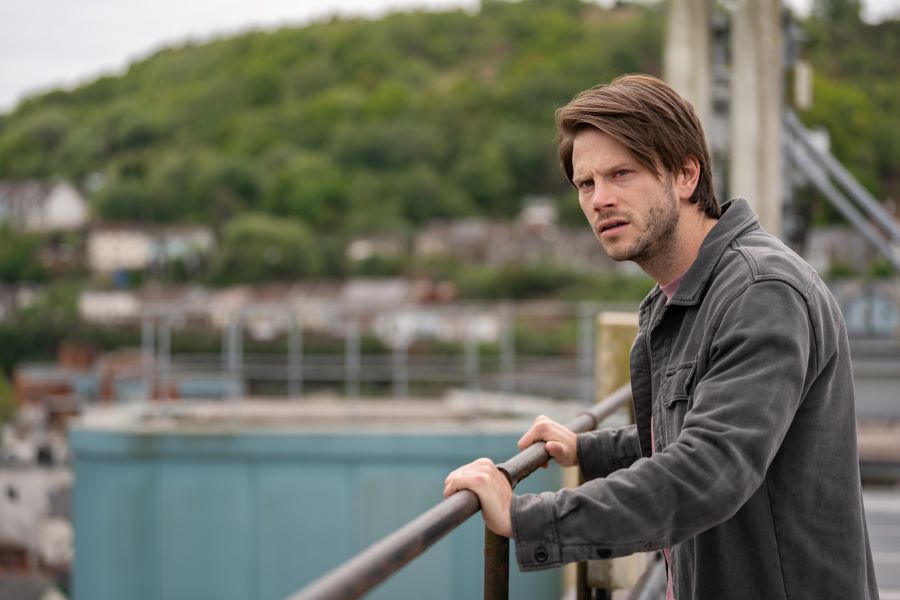

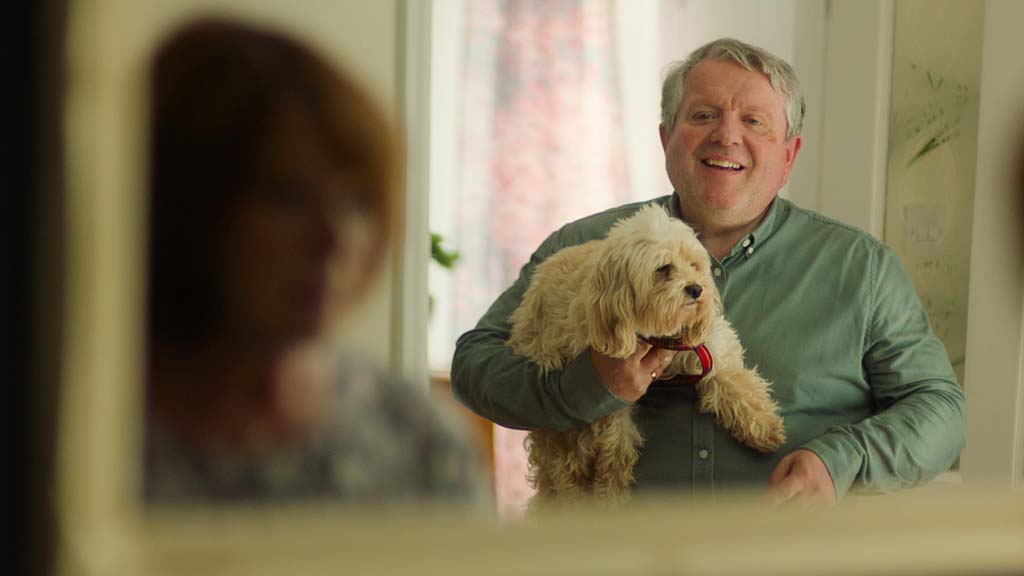
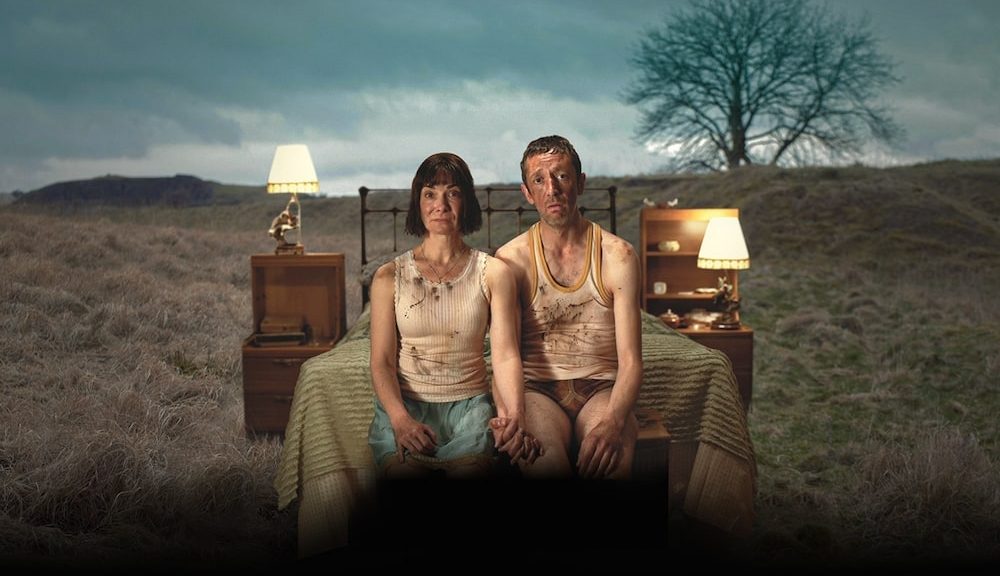
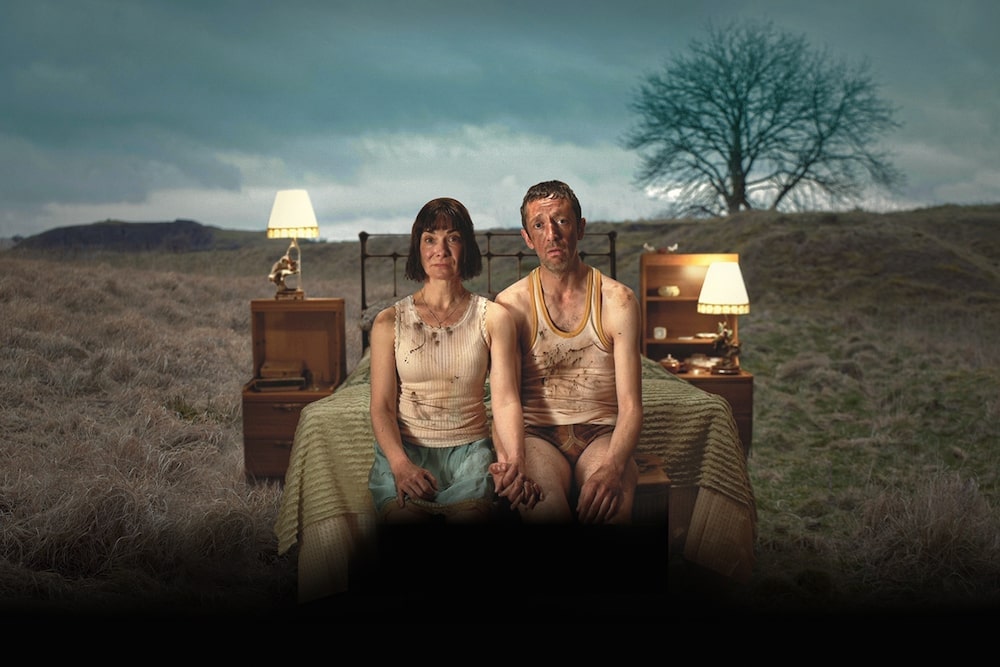
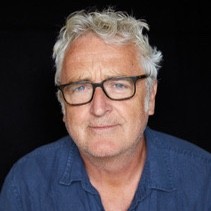
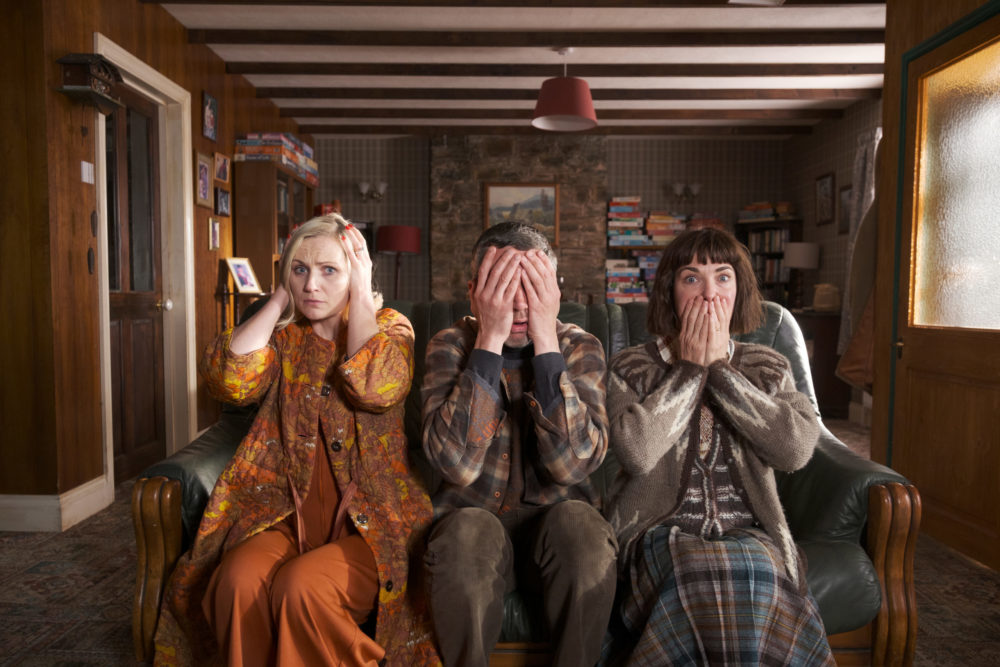
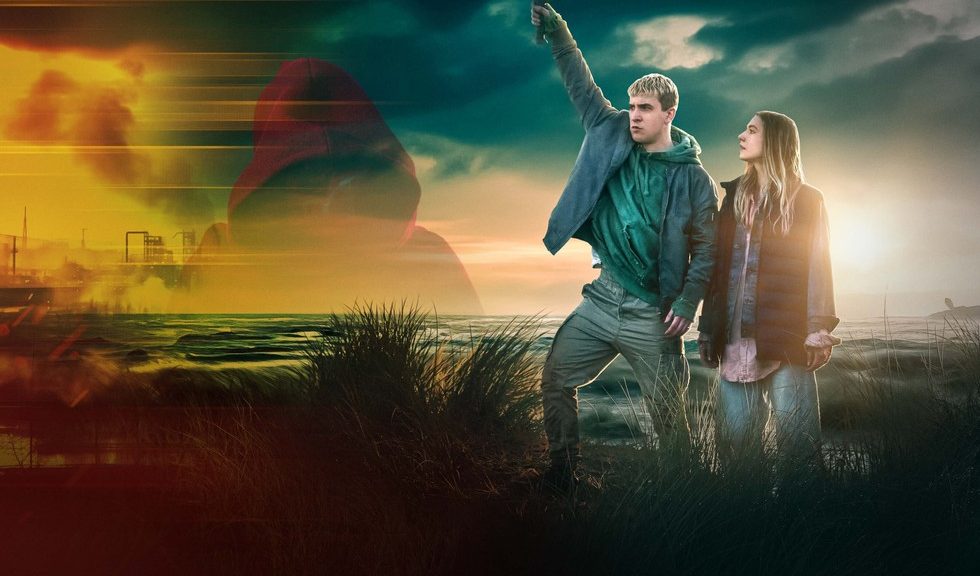
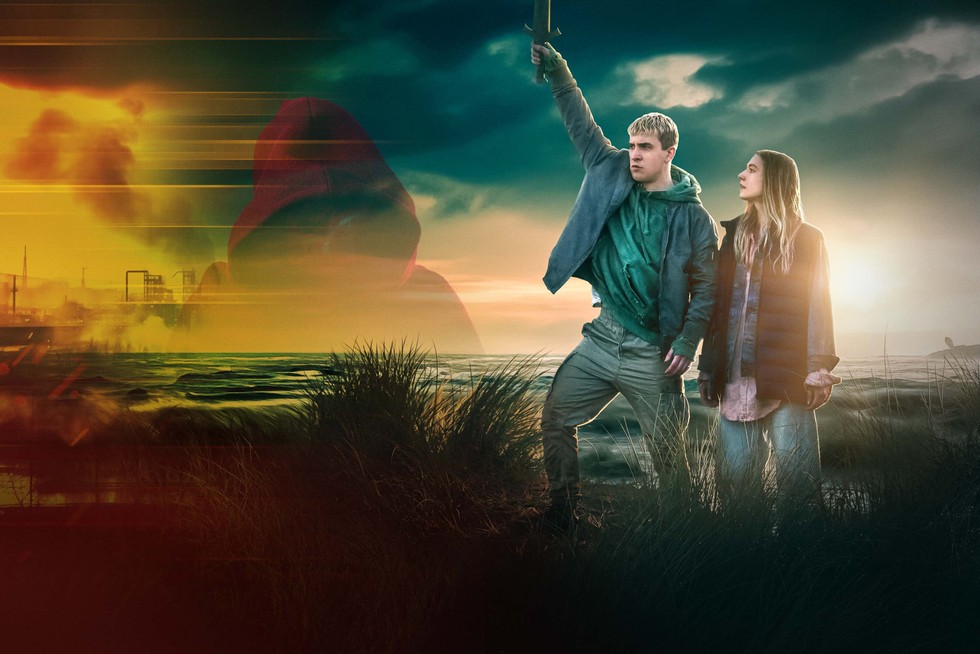
 (3 / 5)
(3 / 5)